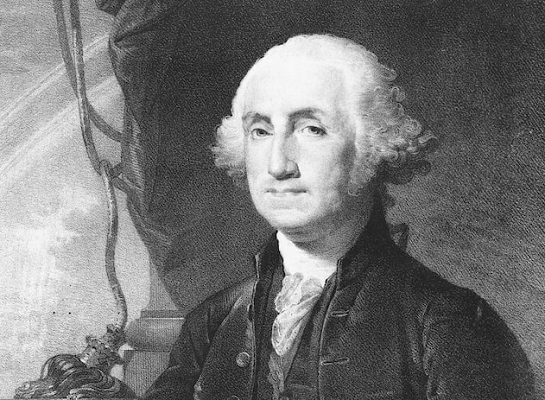The advent of AD 2025 promises continuing global and domestic conflicts but a hope for peace. Partisan politics and media infighting persist, while wars roil Ukraine and the Middle East. New Year’s 2025 celebrations augur the second inauguration of Donald J. Trump as president of the United States. It would be well for all Americans to seek unity and compromise in the new annum, virtues that have enabled the nation to endure for 250 years.
A Legacy of Independence
The founders of the American effort to “form a more perfect Union” signed their names to a Constitution employing that phrase in its 1776 preamble, but the fledgling colonial nation was well on its way to independence in 1775. The battles of Lexington and Concord echoed shots heard around the world that April. In May, Ethan Allen and the Green Mountain Boys audaciously seized Fort Ticonderoga in New York from the British, the first offensive victory in the Revolutionary War. George Washington was appointed commander-in-chief of the Continental Army on June 15; the battle of Bunker (or Breed’s) Hill in Massachusetts followed two days later. Washington issued orders to the army on July 4, 1775, stating those who enlist “are now Troops of the United Provinces of North America.”
What the Founders Founded
Washington was no fan of partisan loyalties, warning that Americans’ greatest enemy was not foreign but the domestic “spirit of party.” He and the other founders attempted to create institutional structures that could best withstand these natural human tribal temptations. As Joseph Loconte write for the Heritage Foundation:
“No gathering of statesmen in history reflected more carefully on the human motivations that shape political societies. Indeed, most of the Founders were as clear-eyed as the New Testament about the tendency of selfish ambition to corrupt our judgment and create ‘discord,’ ‘dissensions,’ and ‘factions’ (Galatians 5:20) and thus destroy human communities.
“The Founders’ insight into the origin and persistence of factions is enduringly relevant. Unchecked, they warned, factions would become the ‘mortal disease’ of republicanism. It is now a truism to say that the virus of tribalism is ravaging our political and civic life.”
Human beings will always be vulnerable to the moral weaknesses inherent in their natures, which for conservatives must mean self-examination to withdraw the logs from their own eyes in humility rather than gloat in post-election triumph. The Trump-Kennedy coalition is a hopeful call to build greater unity and positivity for all Americans, not perpetuate payback and cyclical partisan tribalism.
A New Year’s Eve 2025 Resolution
As New Year’s 2025 approaches, Americans of all political identities must reflect upon the shared humanity that binds us as citizens in these United States and how vitally important this higher value is to our semiquincentenialness, to the fact that this exceptional nation has made it this far. This may properly be attributed to the founders and their sacrifices for our collective sake: Washington, in his farewell address, counseled Americans that “your Union ought to be considered as a main prop of your liberty, and that the love of the one ought to endear to you the preservation of the other.” Otherwise, the nation’s first POTUS warned, partisan infighting (“the expedients of party”) would “tend to render alien to each other those who ought to be bound together by fraternal affection.”
Washington’s time-proven wisdom is a piercing admonition for Americans, liberal and conservative alike, this New Year’s holiday season. Be kind to one’s neighbor, blue or red. Celebrate the liberties that permit Americans to agree to disagree, display opposing political flags, debate policy differences with civility, and then sit down for a coffee or a beer.
This remembrance of Washington and 250 years of unity despite differences of opinion is a perfect 2025 New Year’s Resolution for all Americans. Call it “Semiquincentennial Project 2025.”

